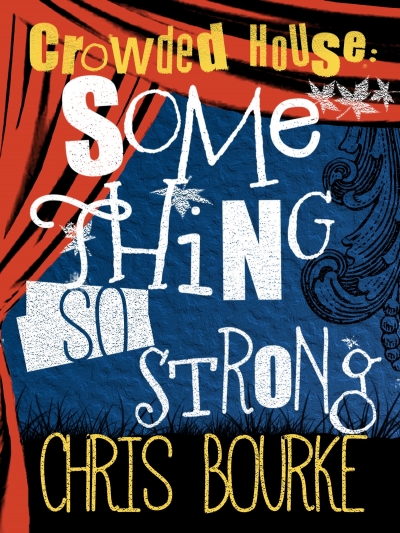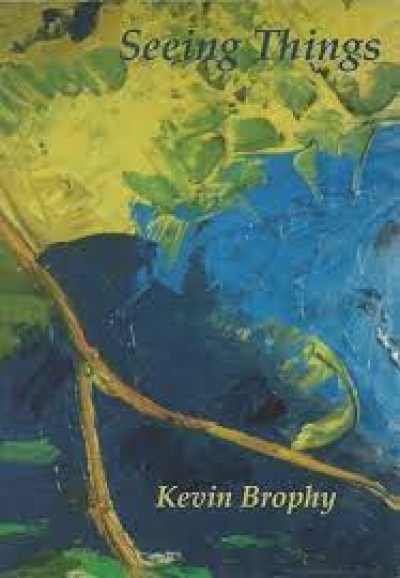Archive
Black Ice: A story of modern China by Trevor Hay and Fang Xiangshu
Here’s the first in a new series from the indefatigable pen of Jennifer Rowe. Verity Birdwood is still going strong, at last check: it wasn’t so long ago that I reviewed Lamb to the Slaughter in these pages. And, of course, as Emily Rodda, Rowe has turned out a couple of dozen Teen Power books, attracting several Children’s Book Awards. She is every inch a professional writer.
... (read more)Emerarra: A Man of Merarra by Morndi Munro/Mary Anne Jebb
The 1967 Referendum, or When the Aborigines Didn’t Get the Vote by Bain Attwood and Andrew Markus with Dale Edwards and Kath Schilling
From Gerard Hayes
Dear Editor,
If Mark Davis had wanted to concoct a parody of babyboomer fogeyism, he could hardly have done better than Peter Craven’s review of Gangland. Opening with a quotation from Anthony Powell and doing his best to parrot the Powellian tone of bored hauteur, Craven details the shortcomings of Davis’s age: not young – in fact a ‘late bloomer’ – but still not old enough to know better, indeed ‘rather earnest and plodding’.









